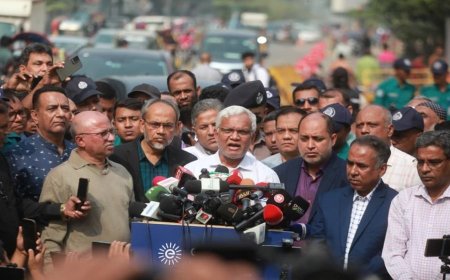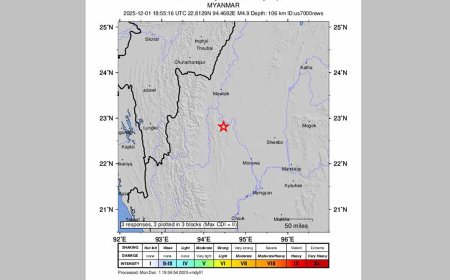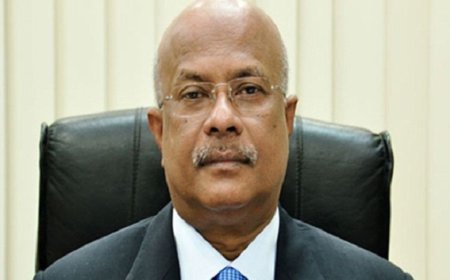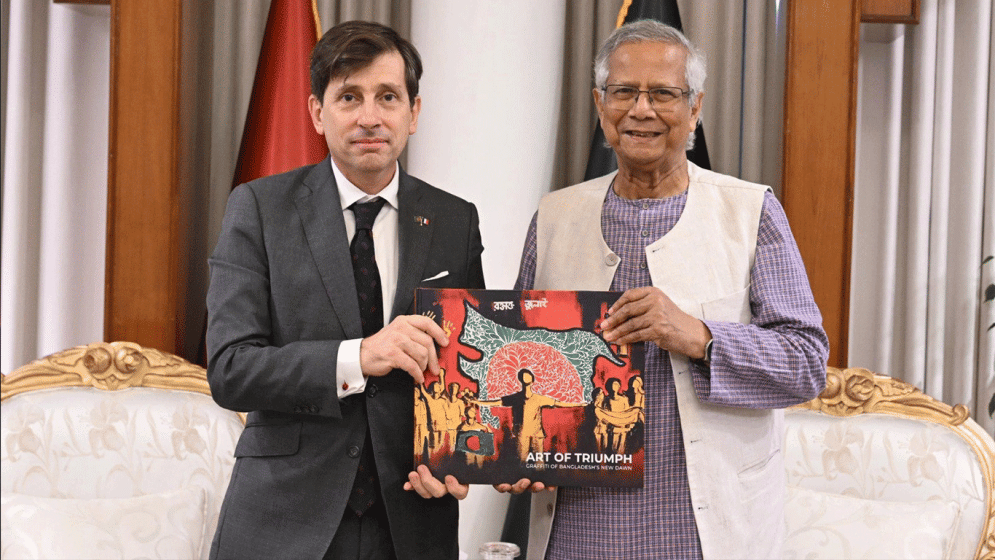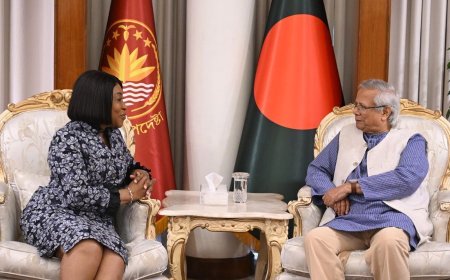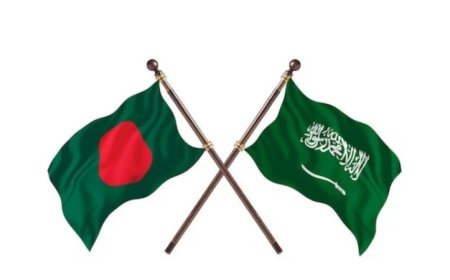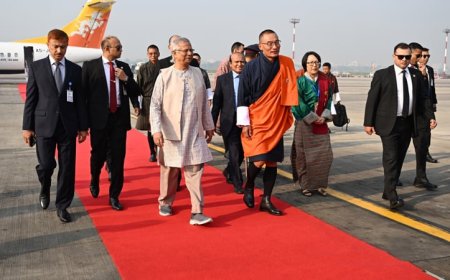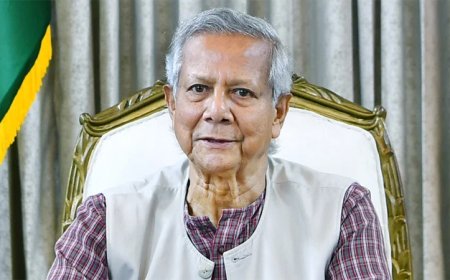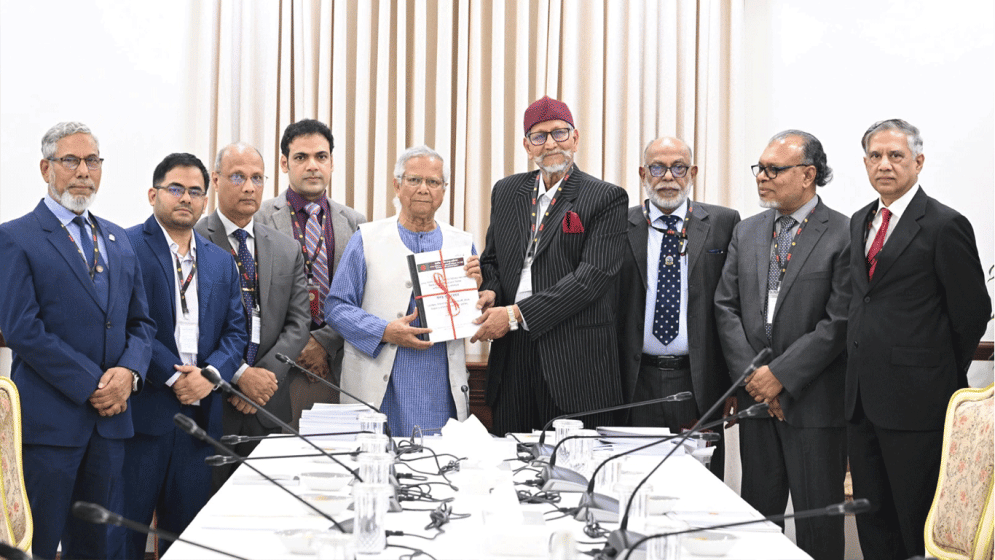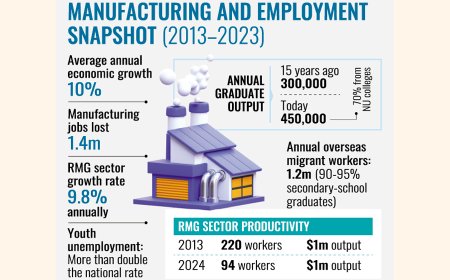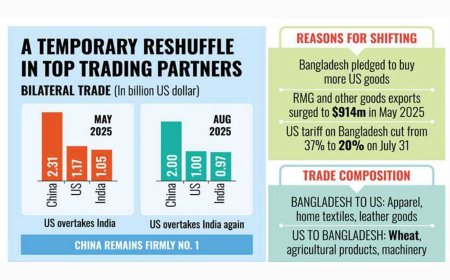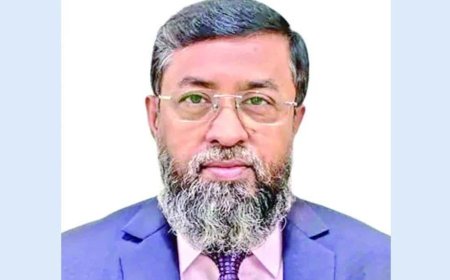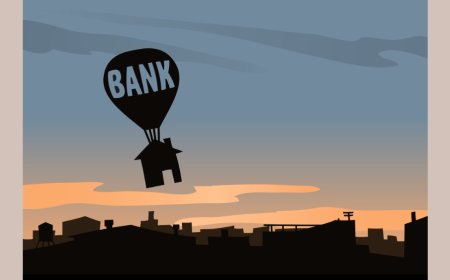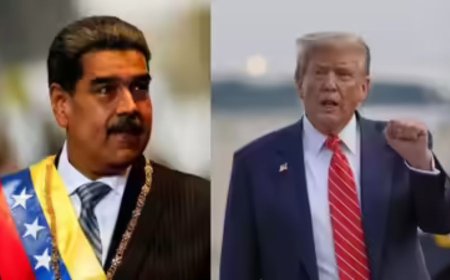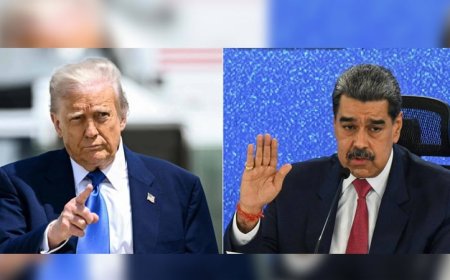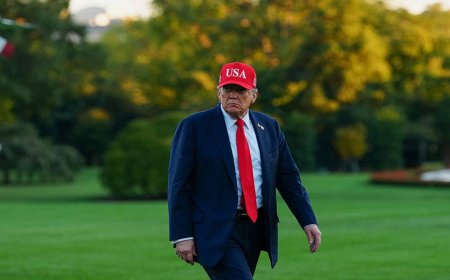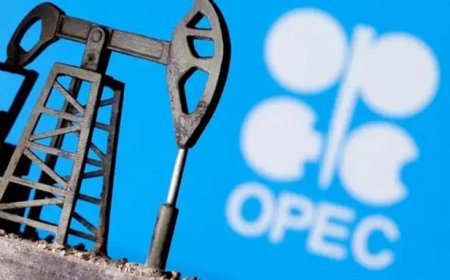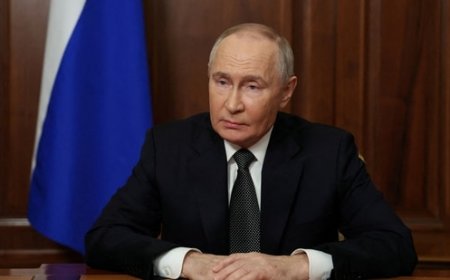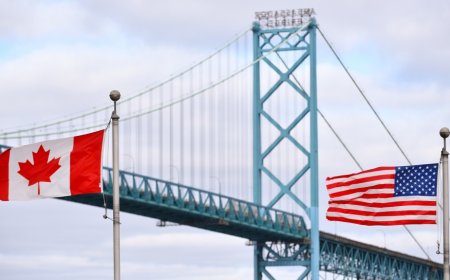Netanyahu warns of 'intensive war' if Hezbollah violates fragile ceasefire
Netanyahu warns of 'intensive war' if Hezbollah violates fragile ceasefire
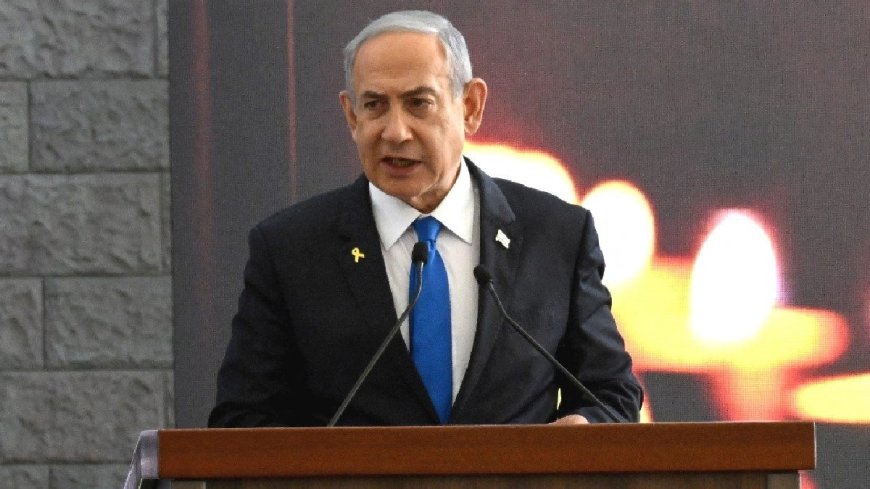
Israeli Prime Minister Benjamin Netanyahu warned Hezbollah on Thursday of an "intensive war" if the group violates a fragile ceasefire with Lebanon. The truce, now in its second day, is already under strain as tensions persist on both sides.
Earlier, the Israeli military reported striking a Hezbollah weapons facility in southern Lebanon, claiming it identified "terrorist activity" at the site. The army also opened fire on individuals it alleged were violating the truce.
The ceasefire, which began early Wednesday, aims to halt a conflict that has claimed thousands of lives in Lebanon and caused widespread displacement in both Lebanon and Israel. Netanyahu, speaking to Channel 14, stated, "If necessary, I have directed the [Israeli army] to conduct an intensive war in the event of any ceasefire breach."
The Israeli military reported that the targeted facility was used by Hezbollah to store mid-range rockets. The strike, which hit a forested area in Baysariyeh in southern Lebanon, was confirmed by the town's mayor, Nazih Eid, who noted that the location was inaccessible to civilians.
The ceasefire deal, mediated by the United States and France, stipulates that Israeli forces will maintain their positions while the Lebanese military and security forces deploy to the south within 60 days. Following this, Israel is expected to begin a phased withdrawal to prevent any power vacuum that Hezbollah or others might exploit.
Despite the ceasefire, tensions have flared. On Thursday, two individuals were wounded in a border village by Israeli fire. The Israeli army claimed it had fired at several individuals in southern Lebanon who breached the ceasefire conditions. In response, the Lebanese army began patrols and checkpoints south of the Litani River, though they avoided areas still occupied by Israeli forces.
In the wake of the war, many Lebanese returning to their homes found them devastated. In villages like Zibqin, residents expressed relief at the end of hostilities but faced the daunting task of rebuilding their lives. In Qlayaa, a Christian-majority border village, residents celebrated the Lebanese army's arrival, expressing hope for stability.
The broader context remains challenging for Lebanon, a country already grappling with political and economic crises. Poverty has tripled over the past decade, according to the World Bank. However, there was a glimmer of political progress as Lebanon’s parliament announced plans to elect a president on January 9, ending a two-year political deadlock.
In northern Israel, residents expressed mixed feelings about the ceasefire. While some hoped for lasting peace, others, like Nissim Ravivo of Nahariya, were skeptical. "It’s a shame—we should have continued for at least another two months and finished the job," he remarked, reflecting the lingering uncertainty on both sides of the border.
Since October 2023, at least 3,961 people have been killed in Lebanon, most in recent weeks. In Israel, 82 soldiers and 47 civilians have died, according to official figures.
What's Your Reaction?







